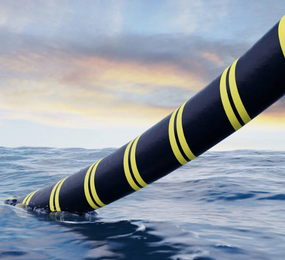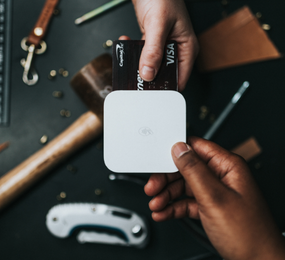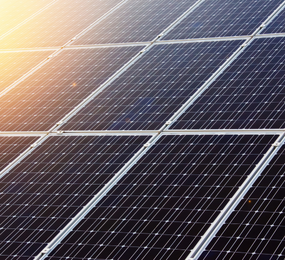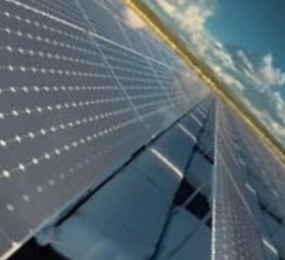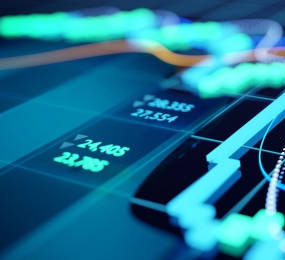Biologics are currently the fastest-growing medicinal class, despite the fact that the majority of medications are made from chemical compounds. Eight of the top 10 best-selling medications over the previous five years were biologics, with therapeutic antibodies at the forefront. These biotherapeutics are receiving unprecedented investment, which is further fueled by the growing field of gene and cell therapy.
The biopharmaceutical industry is transitioning away from batch processing and toward continuous bioprocessing in order to provide these complicated pharmaceuticals to patients as rapidly as feasible. The continuous bioprocessing market is anticipated to reach 348.9 million by 2027, expanding at a CAGR of 23% from 2020 to 2027.
Large amounts of biologics can be reliably delivered through batch processing, but the material needs to be kept and examined after each manufacturing step to ensure quality. Because of this intricacy, the production of biologics is a time- and money-consuming process. Continuous bioprocessing instead seeks to do away with the intermediate hold steps.
It is generally recognized that continuous bioprocessing techniques have the potential to simplify bioprocessing, lower costs, and protect quality. As interconnected phases of the manufacturing system, continuous bioprocessing entails the continuous feeding of input material, the transformation of in-process material, and the concurrent removal of the output material.
There are many technologies that can support continuous bioprocessing. On the upstream side, these include using perfusion bioreactors, tailored cell media, and stable, highly effective producer cells. Continuous chromatography and filtration with or without surge tank integration are well-established downstream processes. The seamless movement of the material into subsequent production steps preserves sterility, which is essential to the development of biologics. Utilizing single-use equipment not only meets the same purpose but also prevents downtimes due to cleaning and regeneration of the equipment.
The industry's present digital transformation is advantageous for continuous bioprocessing. Automation of both upstream and downstream processes removes the need for manual testing, which not only saves time but also lowers the danger of contamination and manipulation errors. Real-time data analysis and data collection also control manufacturing processes through quick feedback modifications. These process analytical technologies provide for more control over the total manufacturing environment and, as a result, the finished pharmaceutical product.
The application of continuous bioprocessing will be pushed by the convergence of cutting-edge process technology, software, automation, and analytics, enabling flexible, quick, and economical manufacturing of biologics. With this in mind, join us on 28th - 29th March, 2023 for the International Bioprocessing and Biologics Forum, in Berlin, Germany so you don't feel left out in the industry!
To register or learn more about the Forum please check here: https://bit.ly/3zxguXW
For more information and group participation, contact us: [email protected]



